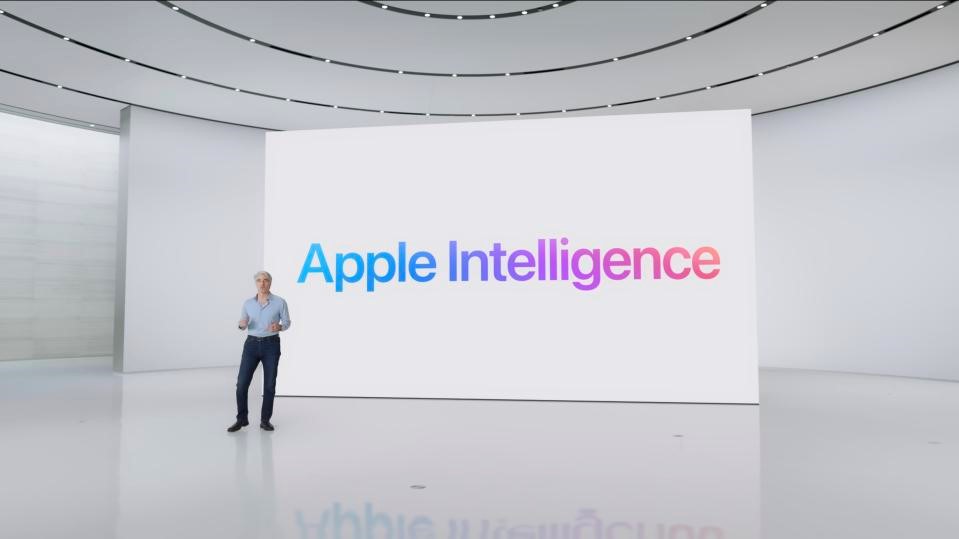EU competition chief jabs at Apple from both sides over AI delay
EU competition chief jabs at Apple from both sides over AI delay
Apple Intelligence won’t arrive in the bloc when iOS 18 and macOS Sequoia debut.

It’s safe to say Apple and the European Commission aren’t exactly bosom buddies. The two sides have been at loggerheads over Apple’s compliance — or alleged lack thereof — with the European Union’s Digital Markets Act (DMA), a law designed to rein in the power of major tech companies.
Apple said last week it would delay the rollout of certain features in the European Union, including Apple Intelligence AI tools, over concerns “that the interoperability requirements of the DMA could force us to compromise the integrity of our products in ways that risk user privacy and data security.” As it turns out, the EU is not exactly happy about that decision.
The call to push back the rollout of Apple Intelligence in the EU is a “stunning, open declaration that they know 100 percent that this is another way of disabling competition where they have a stronghold already,” EU competition commissioner Margrethe Vestager said at a Forum Europa event, according to Euractiv. Vestager added that the “short version of the DMA” means companies have to be open for competition to keep operating in the region.
Not to leap to the defense of Apple here, but these comments are sure to raise an eyebrow or two, especially after Vestager also said she “was personally quite relieved that I would not get an AI-updated service on my iPhone.” Apple does intend to bring Apple Intelligence to Europe more broadly, but it’s taking a cautious approach with the tech in that region due to “regulatory uncertainties” and ensuring it won’t have to compromise on user safety.
As it stands, the European Commission is carrying out multiple investigations into the company over possible violations of the DMA. This week, it accused Apple of violating the law’s anti-steering provisions by blocking app developers from freely informing users about alternate payment options outside of the company’s ecosystem. If it’s found guilty, Apple could be on the hook for a fine of up to 10 percent of its global annual revenue. Based on its 2023 sales, that could be a penalty of up to $38 billion. The percentage of the fine can double for repeated violations.
Earlier this year, before the DMA came into force, the European Commission fined Apple €1.8 billion ($1.95 billion) over a violation of previous anti-steering rules. According to the Commission, Apple prevented rival music streaming apps from telling users that they could pay less for subscriptions if they sign up outside of iOS apps. Apple has challenged the fine.
(8)


